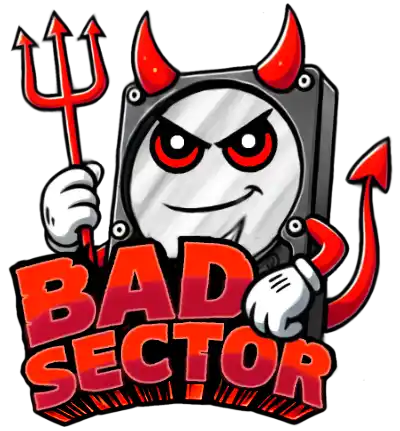0001-01-01
Agile: From Punk Upstart to Corporate Conformist
The year is 2001. A ragtag crew of software developers and thought leaders hold a gathering in a ski lodge to draft a proclamation. They dub it Agile - a rebellious manifesto pushing back againt the established norms breaking free from traditional waterfall style project managment doctrines. Down with the top down project managment and up with autonomous teams that iterate fast and delivering with aplomb.
Now fast forward to today. Agile’s gone soft, trading its band tees for button-ups and settling into a cushy corporate gig. It’s all mind-numbing stand-ups and endless sprints, Jira tickets and story points. The revolution’s been sanitized, shrink-wrapped, and sold to the highest bidder. So, how did we get here? Simple. Agile got co-opted. And as the saying goes, you either die a hero or live long enough to become the villain—or in this case, the bureaucratic drone.
It started innocently enough. Developers more than happy to ditch the rigid waterfall model and to actually talk with users (shock horror!) and iterate on problems. And guess what? It worked! Adopters shipped faster, failed quicker, and produced better products.
But then the suits caught wind. “Agile” became the buzzword of the day. Scrum Masters turned into glorified project managers (but don’t tell them that). Consultants cashed in big, hawking Agile transformations to hapless executives. Suddenly, everyone and their dog was “doing Agile,” even if they didn’t have a clue what it meant.
And so, the manifesto’s bold ideals were diluted, distorted, and hijacked. “Individuals and interactions” became an excuse for endless meetings. “Working software” turned into “ship it now, fix it never.” “Customer collaboration” morphed into “the client’s always right, even when they’re dead wrong.” Agile became Agilefall, then ScrumBut, then SAFe - each version straying further from the rebellious spirit.
It is easy to lose hope, but all is not lost. Even though Agile’s meaning has become distorted, its core principles still ring true. Collaboration over bureaucracy. Flexibility over rigidity. Problem-solving over mindless adherence to a plan. These ideas are still as relevant as ever.
It is time to reclaim Agile’s punk roots. Forget the pointless titles and certifications; what we need is a shared commitment to craftsmanship, communication, and constant evolution. If we can tap into even a fraction of that original Agile spirit, if we can put people and results above process and dogma, then maybe - just maybe - we can unleash Agile’s untapped potential.
So here’s to Agile’s comeback tour - a bit older, a bit wiser, but still Punk AF.
